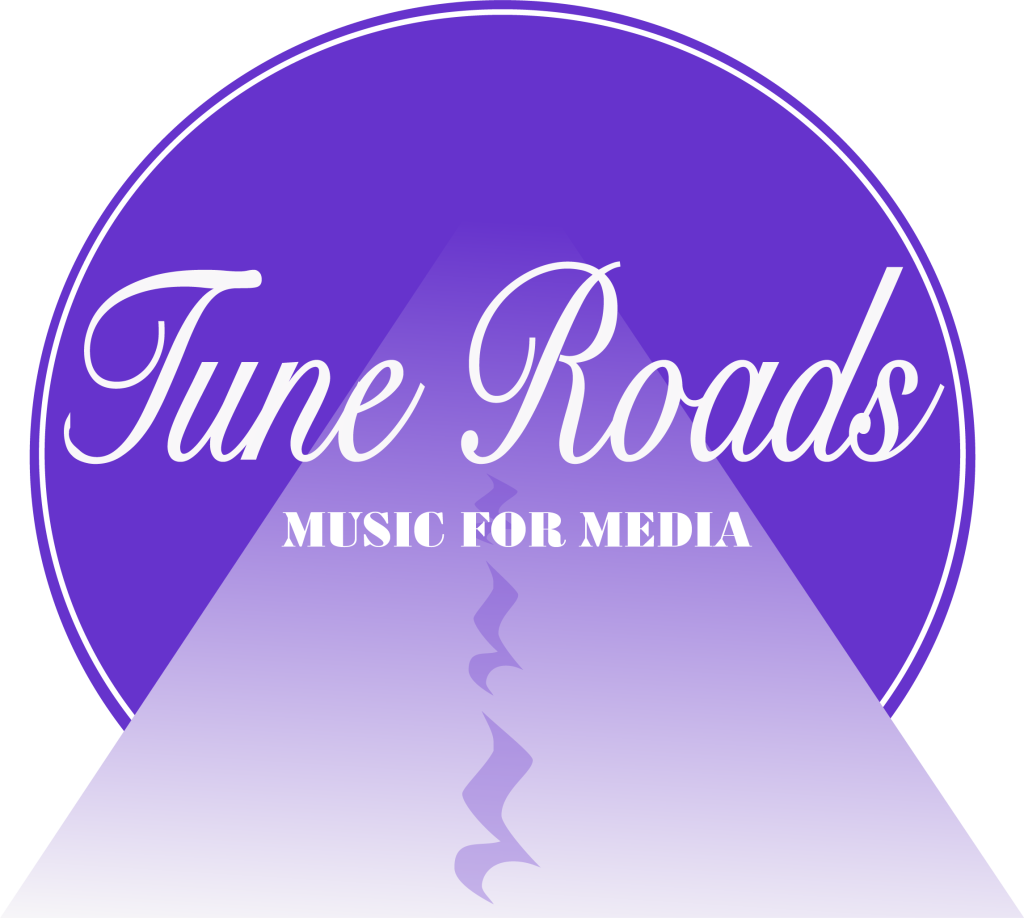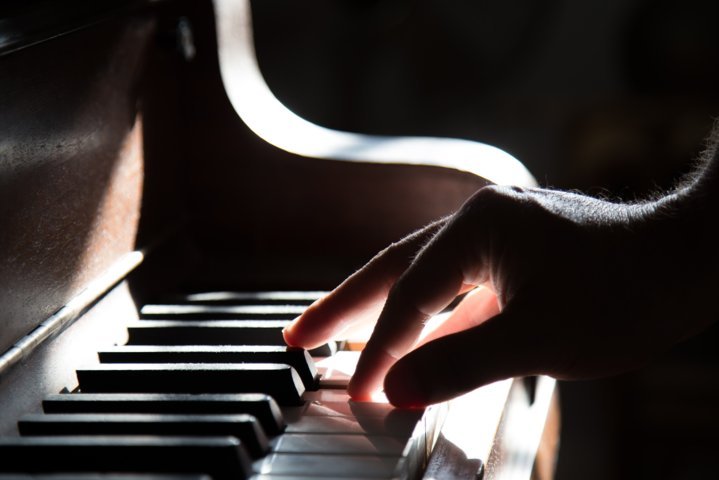Truth eludes us…at the best of times. It seems to have many differing shapes and sizes, which change over time, based on our incentives and perspectives. The truth depicted through an artwork, has always been a topic of discussion among artists, music specialists and music lovers. Do the artist and his work; express the intended feelings – his ideals and the reality; the experience of the world around him?
During the art period – Realism – it might’ve been easier to directly determine the authenticity and truism of artwork, as it had to directly portray the object to which it was based upon. There was no deviance, and the artwork would be judged on how perfectly accurate the representation was. Nowadays, the process of uncovering the lines of art’s legitimacy have been blurred. Picasso was a master at depicting the fallacies of his era, but his paintings were completely unrealistic. Why is it that we still remain determined that his work was true art? The amazing cartoonist Zapiro creates the most ridiculous representations of politicians, but he is known for his accuracy and truthfulness in his tone and message. This is an incredible phenomenon!
Music is fascinating, as it is such an integral part of our daily lives, yet our senses are limited. We cannot touch, see, taste or smell music. I believe that these limitations make it all the more necessary to remain true to our music. Our music should breathe naturally, should elicit emotions that we have experienced, and though we may not, completely understand these emotions, we can continue the exploration of our experiences through the creation of our music.
Remaining true, requires dedication. As Janis Ian stated, “”To become an artist takes a lot more than talent. To become an artist is a long, slow, arduous process. Artists are committed to their art above all else. Being an artist and creating art takes time, passion, and dedication. It is also about focus to one’s art; it takes courage.” This is a beautiful summation of the necessity of focus. It becomes easy to develop a toolbox, where we gather tools designed for specific occasions. When we find ourselves in that situation, we immediately reach for the designated tool. I highly advise against this type of thinking. In today’s society and education, we are encouraged to explore different ideas and perspectives, through the diffusion of information via the Internet; we are exposed to a myriad of possibilities.
In my own development, I am continually trying to explore various options through a foundational platform and reasoning. It is true that there’s an infinite amount of variations we could create in any single piece of music, however we have to ask ourselves what the purpose is, of each musical addition. Yesterday, I met with an engineer to discuss mixing ideas for one of my songs. The song has a very different format from the usual instrumentation, as it includes band, vocals, background vocals and full orchestra. We quickly realised that we could not use our general go-to toolbox. For example, if we panned the drums and piano widely, there would be “no space” for the rest of the orchestra and everything would sound ‘cramped,’ having an inability to breathe. We then had to stop and take a step back and ask ourselves what we really wanted to achieve. We then created new tools, by asking ourselves what is the purpose of using this method and will it achieve the desired outcome, or will it just be another copy of what we’ve done before.
Each piece of music is different. Each piece will talk about an issue, that may be universal, but it is uniquely based on the underlying factors, the process, people involved etc. Thus we need to use what we know, and facilitate that knowledge to extract the elements of the puzzle pieces that need a connection.
The relationship between truth and art is one, which goes hand-in-hand together. You cannot have one and not the other. Art is an expression of truth. Its outcome should express the truth found in reality and emotion, whether it deforms expectations, to create a renewed sense of our neighbouring awareness; or depicts truth without pretense and compromise. My personal definition of true art is that it elicits a change of chemistry, meaning that art entails the transformation of a listener’s emotions, with immediate affect once coming into contact with the artwork. Art is also the sharing of concepts and the exploration of perceptions. If these ideas are fulfilled, it is based on the fact that the art must share a truth, in order for someone else to be changed through the experience.
How does one take these theoretical principles and apply it to their artwork? In all honesty, that’s a musician’s life’s purpose. We all will fall short of that goal, and will make decisions based on a preconception; without thinking through the reason we are doing something. In other words, switching to our default setting. When this occurs, the artists are not remaining true to themselves, and the public can, amazingly enough, detect the sophism. That is the reason for many artists’ fans to cease being such. However, we can see other artists who have changed drastically throughout their career, and their fan base has stayed true to them. Are they just lucky? I doubt it. However, they stayed true to their emotions and realities at different times of their lives. A teenager will not have the same priorities as an adult with four children. These artists didn’t change their art, based on what they thought would sell, but rather on what their reality was like at that period of their lives. That is why they have achieved so much recognition throughout their lives. Consistently assessing and questioning oneself, will keep one true and honest in one’s art.
My goal is to compose music for a variety of purposes and platforms by developing the necessary expertise and facilitating a high quality portfolio. As well as to share my passion for the arts by educating musicians and non- musicians alike, through my company Tune Roads, helping to expand the cultural prospects in South Africa and beyond. I hope that through my plans, I will be able to exemplify my ideals and principles, in order to reach my biggest goal: relating and deeply connecting to people. I hope that the truth of my own experiences will shine through and touch the lives of people who find themselves without hope and in place of need. Music is not culture specific, it is not jargon intended for an elite group of people nor is it only enjoyed by those who can facilitate its production. It converges across continents, prejudices and emotions. Music is for all.
“What the artist must render is a living moment somehow, a living moment actually in action or an inward experience.” – Joseph Campbell

